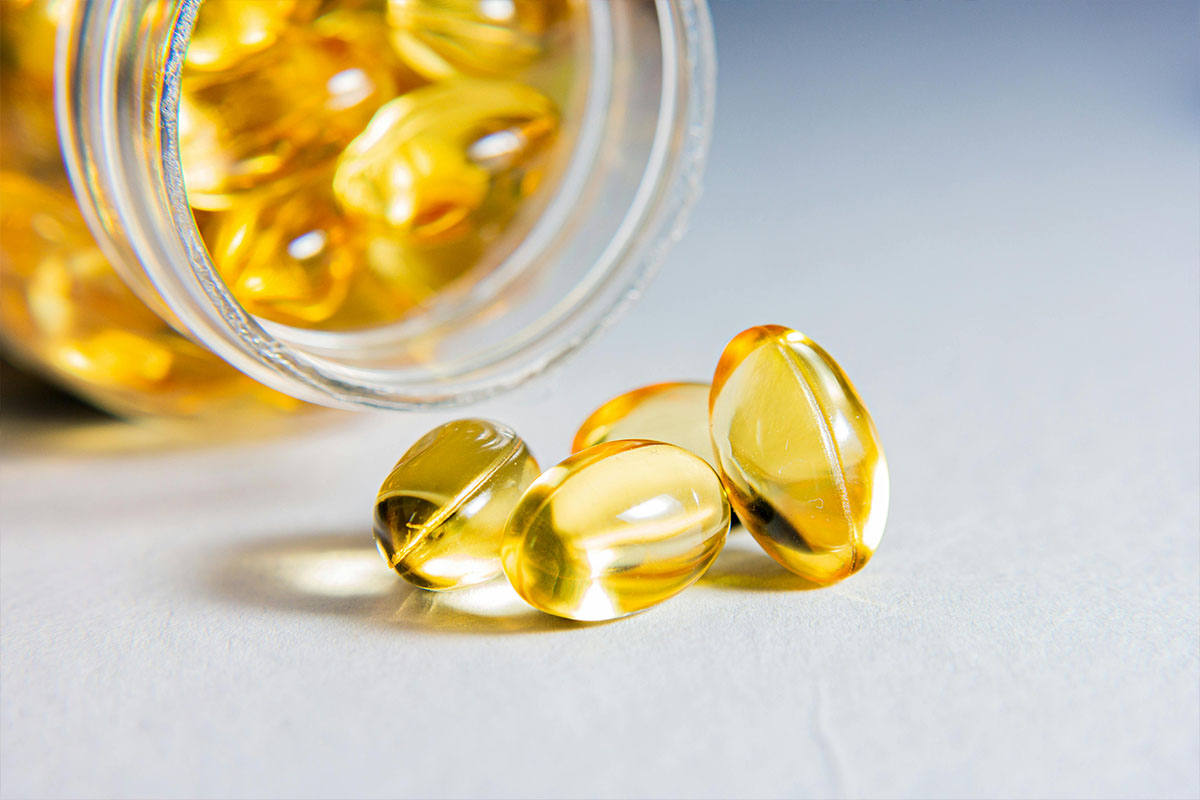Advertisement
Holistic Healing
D-lightful News Researchers have just released a study that suggests the consumption of vitamin D might be effective in treating pancreatic cancer. This is an important finding because there is no screening process, no known causes, and no known cures for pancreatic cancer. According to research conducted at both Northwestern and Harvard, compiled in a … Continued

D-lightful News
Researchers have just released a study that suggests the consumption of vitamin D might be effective in treating pancreatic cancer. This is an important finding because there is no screening process, no known causes, and no known cures for pancreatic cancer.
According to research conducted at both Northwestern and Harvard, compiled in a study led by Dr. Halcyon Skinner at Northwestern, vitamin D can reduce the risk of pancreatic cancer by nearly 50 percent.
The way it does this is still unproven. One study found that normal and cancerous pancreatic tissues contain high levels of the enzyme that converts the inert form of vitamin D into the vitamin’s active form (1,25-dihydroxy vitamin D). Another study found that the active form of vitamin D inhibits cancer cell proliferation, therefore inhibiting cancer cell growth.
Although it’s easy to ingest vitamin D in pill form, researchers still don’t know if it’s better to get vitamin D through your diet, through exposure to sunlight, or through supplementation; further research is required.
In the meantime, you can fortify your diet with omega-3 and fortified milk products, take some supplements, and get a little sunshine.
Riding a Shiny Horse to Health
The sea buckthorn plant was used as horse fodder by ancient Greeks because they thought it delivered a shiny coat, hence its Latin name Hippophae rhamnoides, meaning hippo (horse) and phaos (to shine).
The fresh fruit a berry that is acidic to eat but makes excellent juice, jellies, sauces, and liqueurs contains vitamins A, C, and E (all antioxidants), as well as many phytochemicals. Oil from the seed contains high concentrations of vitamins E and K, essential fatty acids, flavonoids, and sterols.
Studies suggest that sea buckthorn taken internally may have positive effects on the cardiovascular and immune systems. Flavonoids extracted from the fruit and leaves and polyunsaturated fats in the seed oil could help to decrease cholesterol levels. Sea buckthorn also inhibits growth of cancer cells. Its anti-inflammatory and antiradiation effects could help protect and heal patients undergoing radiation treatment.
Used topically, sea buckthorn oil contains high concentrations of palmitoleic acid, which support cell tissue growth and wound healing. Sea buckthorn oil is so good for your skin that manufacturers now use it in sunscreen products. Other manufacturers are developing hair care products that contain sea buckthorn and will test the truth of those ancient Greek shiny horse tales.




